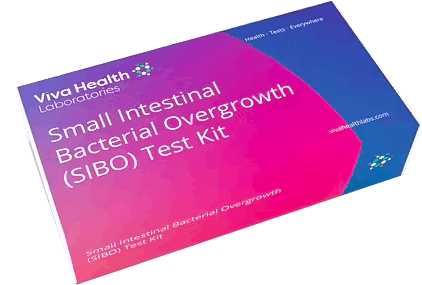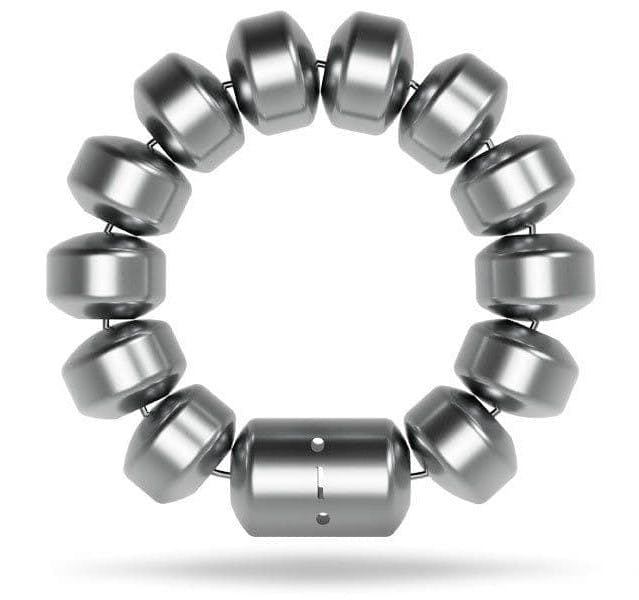What causes belching (burping)?
We now know that there are two types of belching. Gastric belching occurs when gas is vented from the stomach. It is usually solitary. Supragastric belching is precipitated by a patient sucking air into their oesophagus and before it is immediately expelled. It often occurs with great frequency and can be preceded by the sensation of a sense of fullness or trapped air behind the breast bone (sternum). It is an involuntary, subconsciously learned behaviour.
Gastric belching can be caused by;
- Gastro-oesophageal disease (GERD) when the Lower Oesophageal Sphincter (LOS) is weak. NB. Paradoxically belching caused by other reasons may cause reflux symptoms.
- Hiatus hernias without GERD
- Small Intestinal Bacterial Overgrowth (SIBO)
- H Pylori
- Eating or drinking too quickly
- Carbonated drinks
- Anxiety
- Aerophagia (air swallowing) which can be voluntary and involuntary
- Gallstone disease
- Gastroparesis
- Pancreatic disease
- Coeliac disease
- Gastritis
- Oesophageal/stomach cancer
- Post-surgery
Supragastric belching can be caused by;
- Gastro-oesophageal reflux disease (GERD)
- Rumination syndrome
- Anxiety/personality
- Functional dyspepsia
- Post-surgery
How is belching diagnosed?
As with all diagnostic pathways, the first steps are for a clinician to listen to the symptoms and background (the history) and perform an examination. Reaching the right diagnosis is critical to achieving the right treatment plan. Even when GERD is suspected tests are often necessary both to exclude some conditions and confirm that reflux is responsible. Investigations may include;
- Gastroscopy: Otherwise known as upper GI endoscopy this involves inserting an endoscope through the mouth or nose into the oesophagus and then through the stomach and duodenum (together known as the “foregut”). The endoscope has a high definition camera enabling the operator to look for structural abnormalities such as hiatus hernias. They will also evaluate the lining of the foregut, for instance identifying oesophagitis, Barrett’s oesophagus and ulcers. If necessary samples of tissue (biopsies) can be taken for analysis. The examination can be performed with local anaesthetic spray, intra-venous sedation or under general anaesthetic.
- Ultrasound. To exclude gallstones
- CT scanning. To exclude pancreatic pathology
- H. Pylori tests, including stool antigen, breath tests and biopsies taken during gastroscopy
- 24 hour catheter reflux monitoring. The most useful test to clarify the cause of belching is usually 24 hour pH/Impedance testing. A small tube (catheter) is inserted through the nose to the bottom of the oesophagus and measures reflux events usually over 24 hours at the bottom as well as the top of the oesophagus. It will also include a pH sensor in the stomach to ensure normal acid production. The catheter is attached to a recorder about the size of a mobile phone and patients can record when they experience belching or other symptoms allowing correlation between the two. These are known as “symptom associations”. pH testing assesses acidic/non acidic reflux events. Impedance offers the advantage that it also distinguishes between liquid, solid and gas reflux events. So for instance, impedance can identify belching and its relationship with reflux and can distinguish between gastric and supra-gastric belching.
- Oesophageal pH capsule reflux test. The Bravo test involves attaching a tiny capsule during a gastroscopy onto the lining of the oesophagus just above the stomach. This records acid reflux over a period of 48-96 hours. Instead of a catheter it sends the data wirelessly to a recorder and falls off after the test is complete. The procedure is usually performed under conscious sedation.
- Small Intestinal Bacterial Overgrowth (SIBO) breath test. This is a simple test usually performed at home in which a sugary liquid made with either glucose or lactulose is first drunk. Over the next two hours samples of breath are then taken by breathing into small bottles. These are then returned to the laboratory where the concentration of hydrogen and methane gases are measured. These gases are not produced by human cells but are released from micro-organisms in the gut during their metabolism of carbohydrates including glucose and lactulose. The pattern of their concentration in the samples taken during the test can be diagnostic of abnormal SIBO and Intestinal Methanogenic Overgrowth (IMO).
What are the treatments for belching?
Treatment depends on reaching the right diagnosis having excluded other non-oesophageal causes, which include;
- Behavioural modification. For instance, avoiding carbonated drinks/eating more slowly
- Dietary modification. Belching caused by SIBO may be helped by a low FODMAP diet
- Formal SIBO anti-biotic eradication regimes
- Psychological therapies such as Cognitive behavioural therapy and hypnotherapy
GERD treatment
If the cause of your belching is found to be due to GERD, the following treatments may be suggested:
Lifestyle changes;
- Dietary changes such as eating smaller meals, avoiding trigger foods, eating earlier in the day
- Losing weight
- Stopping smoking
- Elevating the head of the bed at night
Medications;
- Alginates such as Gaviscon
- Simple anti-acids such as sodium bicarbonate
- H2 blockers such as Famotidine and Nizatadine
- Proton pump inhibitors (PPIs) such as Omeprazole and Nexium
- Others including Baclofen
Anti-reflux procedures;
- TIF
- Laparoscopic fundoplication
- Laparoscopic LINX
- Laparoscopic RefluxStop



